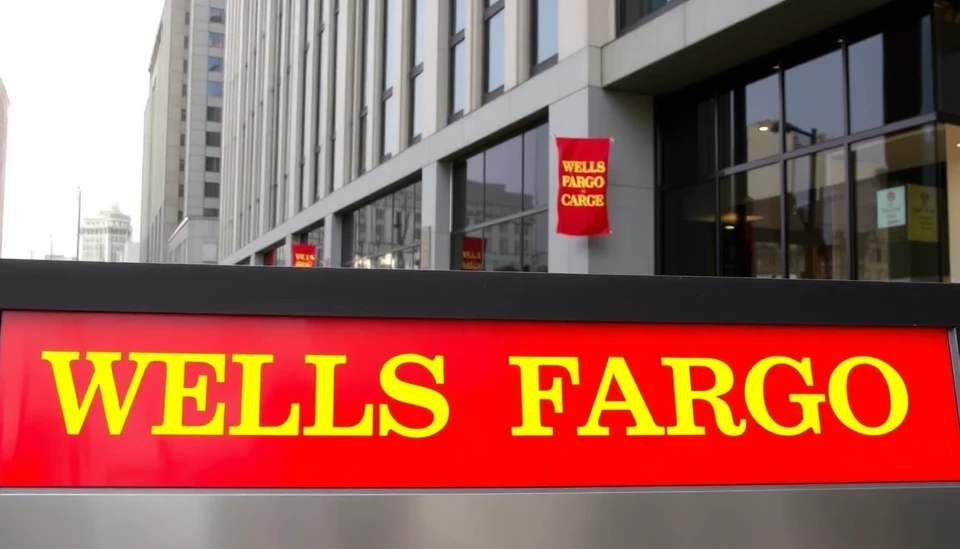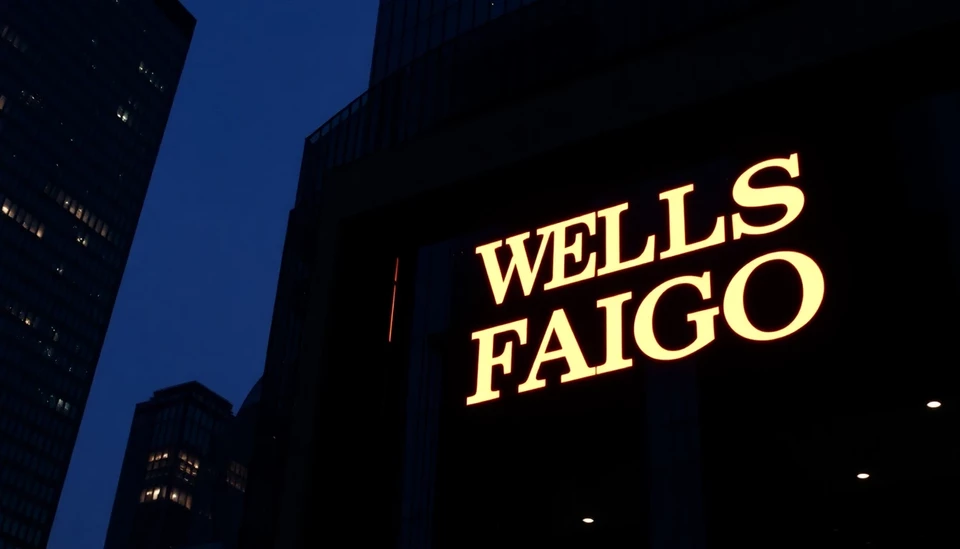
In a significant development within the banking sector, former executives of Wells Fargo & Co. are facing millions in penalties due to allegations of misconduct. This latest move underscores the ongoing scrutiny and accountability challenges that major financial institutions continue to confront.
The fines, which amount to an estimated $30 million, encompass various infractions related to the bank's past sales practices. Specifically, the actions in question pertain to the infamous unauthorized accounts scandal that plagued Wells Fargo for several years, leading to a major overhaul of its practices and significant reputational damage. The scandal, which first came to light in 2016, revealed that employees had opened millions of unauthorized deposit and credit card accounts to meet aggressive sales targets.
The enforcement actions, which were announced by federal regulators, have targeted two former senior executives: the bank’s former head of community banking and the former chief operating officer. These individuals reportedly played significant roles in fostering the toxic sales culture that ensnared thousands of employees in unethical practices. The penalties are not just aimed at punishing individuals; they also send a robust signal to industry players that oversight and ethical behavior remain paramount in banking operations.
Regulators highlighted the need for greater accountability at the top levels of corporate governance, particularly in a sector as crucial as banking, which is intertwined with the financial stability of the economy. The settlements reached are part of broader efforts by authorities to ensure that those at the helm of corporate decision-making are held responsible for their actions, particularly when those actions contribute to widespread harm or legal breach.
This latest chapter in the Wells Fargo saga adds to a long list of troubles for the bank, which has been trying to rebuild its reputation and restore trust among its customers and stakeholders. Despite efforts to change corporate culture and improve governance, the past continues to cast a long shadow. As banks navigate the complexities of compliance regulations and ethical oversight, the repercussions of past misconduct linger, reminding institutions of the delicate nature of public trust.
Meanwhile, reactions from the financial community and the public have been mixed. Some express relief that accountability is being pursued at high levels, while others remain skeptical about whether enough is being done to change the corporate culture that led to such practices in the first place.
As Wells Fargo moves forward, it faces the challenge of not only addressing the consequences of past actions but also ensuring that its personnel adhere to a higher standard of ethical behavior. The coming months will likely see continued scrutiny as the bank navigates the aftermath of these penalties and strives to regain its footing in a competitive and closely watched industry.
In conclusion, the imposition of heavy fines on former executives from Wells Fargo represents a crucial step in addressing the legacy of misconduct that has plagued the institution. It reinforces the message that accountability starts at the top and remains indispensable for the integrity of the banking system.
#WellsFargo #Banking #CorporateAccountability #FinancialRegulations #EthicsInBanking #Scandals
Author: Victoria Adams




